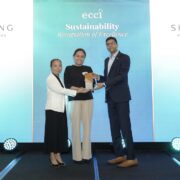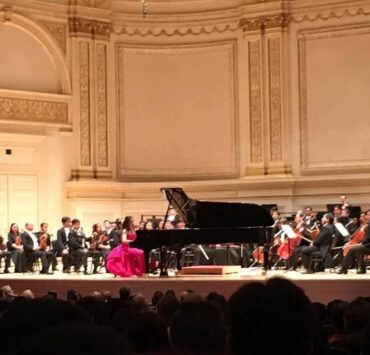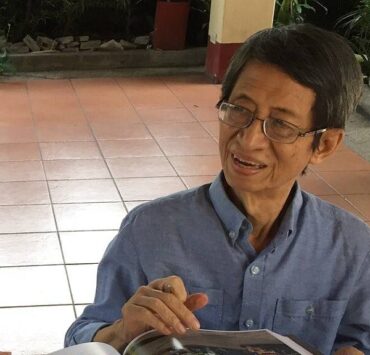2024 SG Writers Fest: Webtoon creators share top billing with lit winners
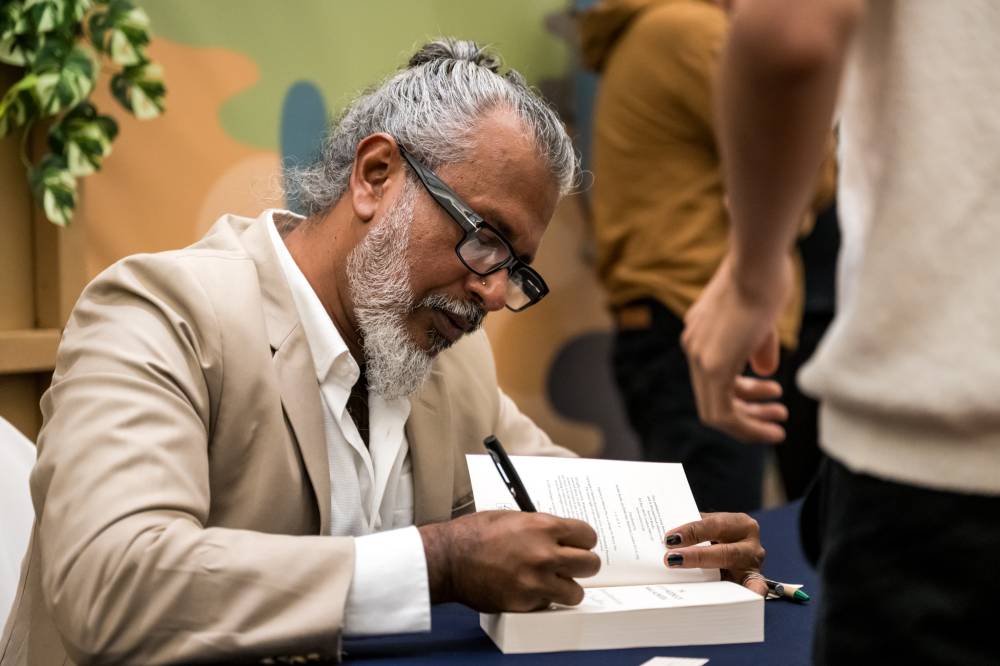
It was quite propitious for the 27th Singapore Writers Festival (SWF) on Nov. 8 to Nov. 16 to have chosen Korea as its Country Focus this year, because in the run-up to Southeast Asia’s biggest writers powwow, the Korean novelist Han Kang had been chosen by the Swedish Academy of Letters to receive the 2024 Nobel Literature Prize, the first Korean and the first Asian woman to be so honored.
Of course, because it takes a year to plan and prepare for SWF, the festival had failed to invite Han. But its generous coverage of Korea’s thriving webtoon and graphic-novel industry more than made up for Han’s absence.
Themed “In Our Nature,” the festival saw more than 300 local and international presenters—from authors to translators, climate scientists, and businessmen—invited to speak at panels and conduct workshops.
Poet Yong Shu Hoong, the new SWF director, explained that the theme reflected both his personality and the festival’s focus on contemporary issues. He wanted a straightforward theme that could explore layers of meaning, from environmental concerns like climate change to societal issues like artificial intelligence (AI) and cybercrime.
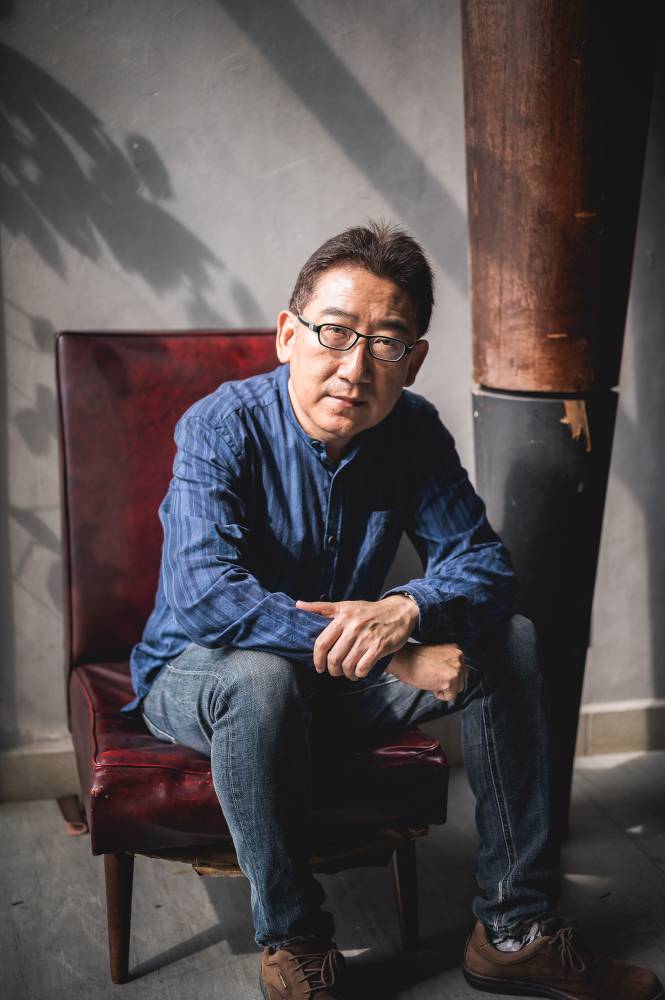
The theme, he added, also delved into human nature, examining how writers, readers, and individuals react to these challenges. Yong emphasized that the festival’s foundation was strong, allowing for subtle, incremental changes while staying true to its roots.
K-Comics
The choice of Korean webtoon and K-drama series based on very successful webtoon novels dovetailed with the K-Comics World Tour, a touring exhibition organized by Korea’s Ministry of Culture, Sports and Tourism and the Korea Creative Content Agency (Kocca), showcasing the global success of Korean webtoons.
The tour is making its way to six countries this year, including Singapore. The tour offers fans an inside look at the storytelling and artistry that have redefined digital comics worldwide.
At The Arts House, the main festival site, an exhibit provided a survey of the “Webtoon IP Business” while showing webtoon graphics of very popular recent webtoon creations.
Underground near the Capitol Theatre at Civic District, the pedestrian passageway was graced by large billboards of top Korean webtoons, many of them made into successful K-drama movies or TV series.
Festival director Yong highlighted Korea’s expanding cultural influence, noting that literature, along with K-dramas and K-pop, is gaining global reach through English translations. He emphasized the role of webtoon artists in blending visual storytelling with literature, offering audiences a unique look into how these stories adapt across media.
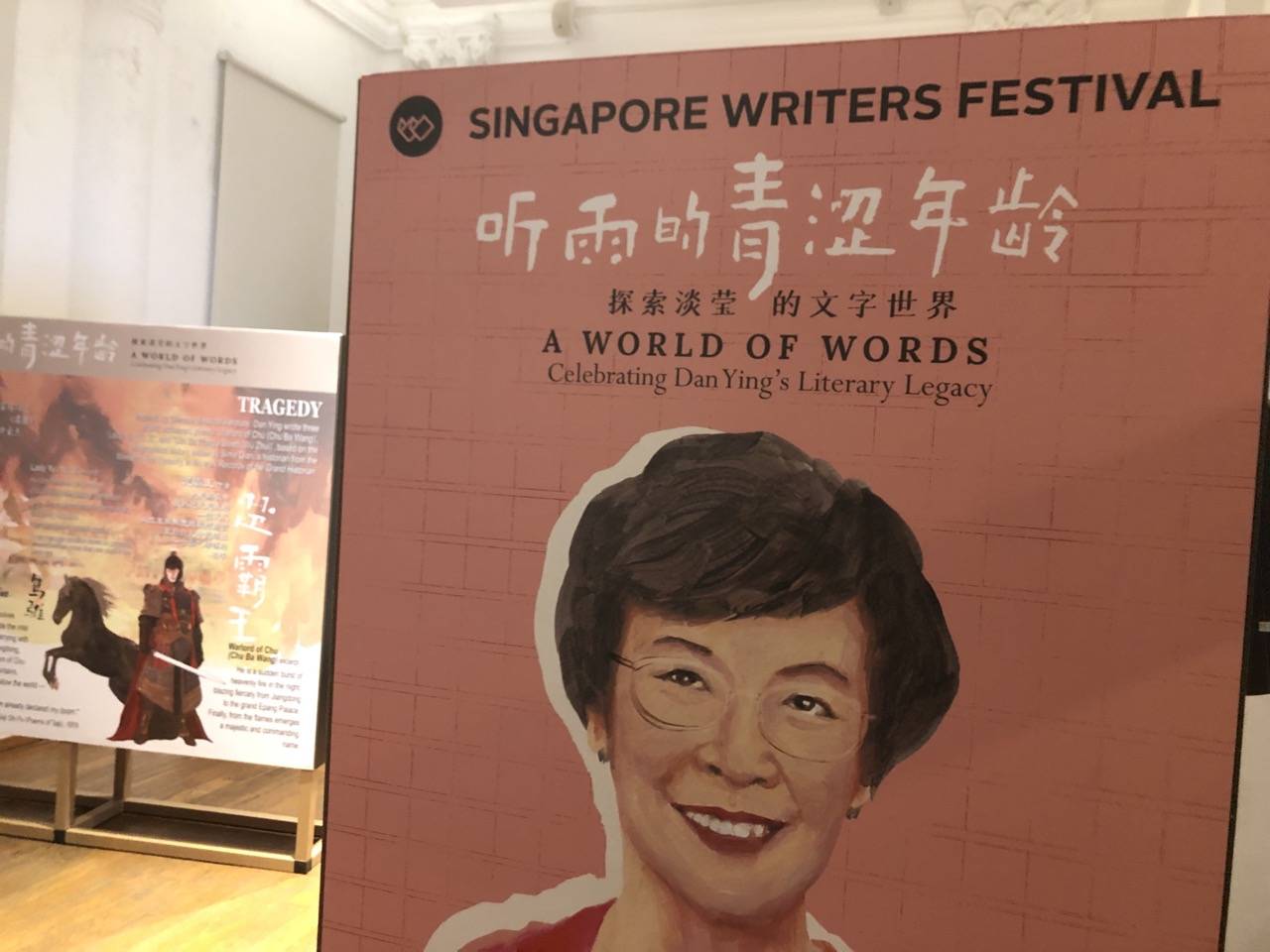
At the Victoria Theatre, renowned Korean webtoon creators Choi Gyu-seok (“Hellbound”) and Kwang Jin (“Itaewon Class”) were presented in the panel discussion, “Drawn to Drama: Comics on the Big Screen.” They delved into their creative journeys and the challenges of adapting their works into acclaimed television dramas.
Choi, reflecting on his 25-year career, admitted through an interpreter that early industry decisions were often uninformed, a stark contrast to the younger Kwang’s more strategic approach to contracts and negotiations.
Kwang’s “Itaewon Class,” serialized from 2016 to 2018, chronicles the journey of ex-convict Park Saeroyi, whose quest for justice and success inspired the hit K-drama adaptation in 2020. Starring Park Seo-jun, the series won Best Drama at the 25th Asian Television awards.
Choi’s “Hellbound” (2019–2020), a dark fantasy webtoon exploring supernatural condemnations and cultish fervor, was adapted into a Netflix series in 2021. Premiering at the Toronto International Film Festival, it quickly surpassed “Squid Game” as the platform’s most-watched show. It starred Yoo Ah-in.
The session highlighted the global rise of Korean webtoons and their seamless transition to the screen. Both creators shared insights into navigating this evolving medium, captivating fans and underscoring the significance of Korean storytelling in today’s entertainment landscape.
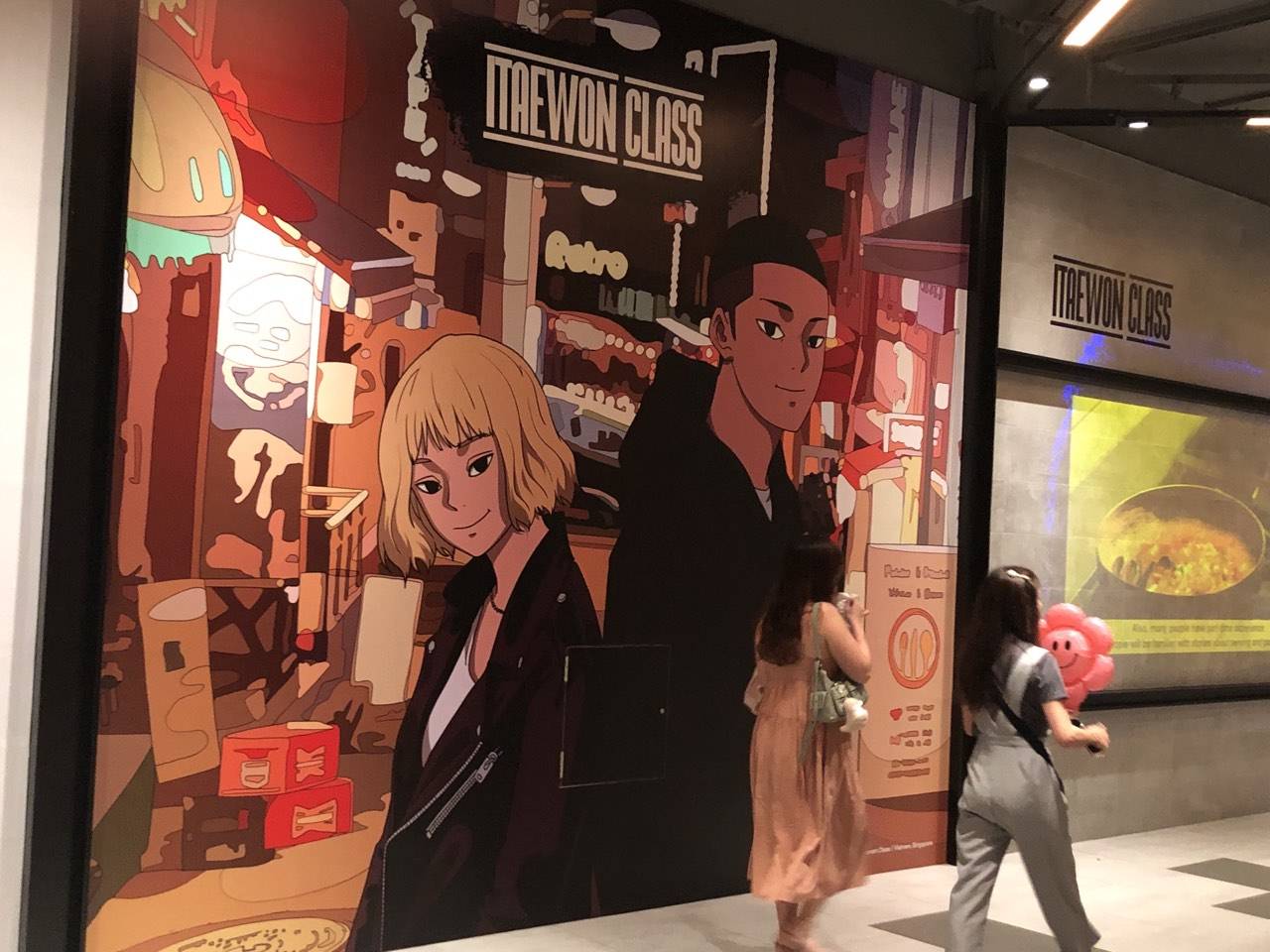
English translations
Korean literature of the traditional sort like Han’s was featured in the talks by Baek Se-hee and her translator, Anton Hur, who’s also a novelist.
Baek should be familiar to Philippine readers since her books of memoirs, “I Want To Die But I Want To Eat Tteokbokki” (2022) and its sequel, “I Want To Die But I Still Want To Eat Tteokbokki” (2024), are bestsellers here as they are in Singapore. In her talk, she shared insights into her writing process and her journey in managing dysthymia, a form of persistent mild depression.
In another session, Hur shed light on the intricate process of bringing translated works to international audiences. The session offered a behind-the-scenes look at the pivotal pitching process that begins with crafting a sample and proposal, setting the stage for a book’s journey from concept to publication in the US and UK markets.
Hur received a PEN Translates grant for his translation of “The Underground Village” by Kang Kyeong-ae and a PEN/Heim grant for Bora Chung’s “Cursed Bunny,” which was shortlisted for the 2022 International Booker Prize.
Hur’s debut novel in English, “Toward Eternity” (HarperVia) was published this year to acclaim.
Booker, Pulitzer winners
The sessions with Baek and Hur, as well as Han’s Nobel triumph, should emphasize that English translations of Korean and other Asian works remain pivotal for non-English works to reach a global audience. Perhaps even more critical, Asian writers should write in English, as Hur’s debut novel in English may tend to show.
Sri Lankan Shehan Karunatilaka won the 2022 Booker Prize for his third novel, “The Seven Moons of Maali Almeida.” The New European described the novel as “part ghost story, part whodunnit, part political satire … a wonderful book about Sri Lanka, friendship, grief and the afterlife.”
At the Victoria Theatre, Karunatilaka gave an entertaining talk, reflecting on edits, reviews, and his next project. He joked about writing like “a drunk uncle,” discussed editing challenges, and hinted at exploring workplace comedies. He shared insights into rewriting for global markets, his Singapore ties, and his band, Friday Night Divorce. He also announced a two-year break from public talks to focus on writing.
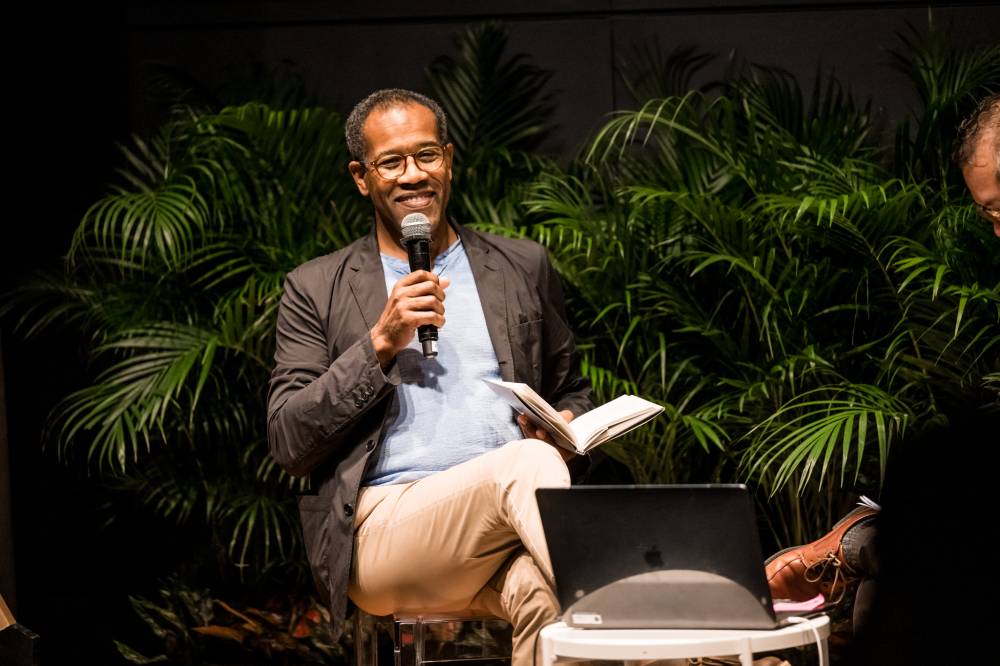
At The Arts House, Pulitzer-winning poet Gregory Pardlo explored parallels between psychotherapy and poetry, seeking the “poem behind the poem” as a deeper breakthrough. The “Digest” (2015) and “Spectral Evidence” (2024) author emphasized humility in reckoning with personal and historical moments, admitting, “I don’t know what’s going on, and I don’t even know how I feel.”
‘City of future past’
Paolo Giordano’s novels have also been translated in English, so he has steadily built a following outside of Italy, where his 2008 novel, “The Solitude Of Prime Numbers,” won Italy’s most prestigious literary prize, the Premio Strega.
Trained in theoretical physics, Giordano shared his fascination with exploring trauma in his novels, addressing the “consequences of science” and the ills of Western civilization. He recounted witnessing war in Afghanistan and Japan’s overlooked struggles in postnuclear discussions.
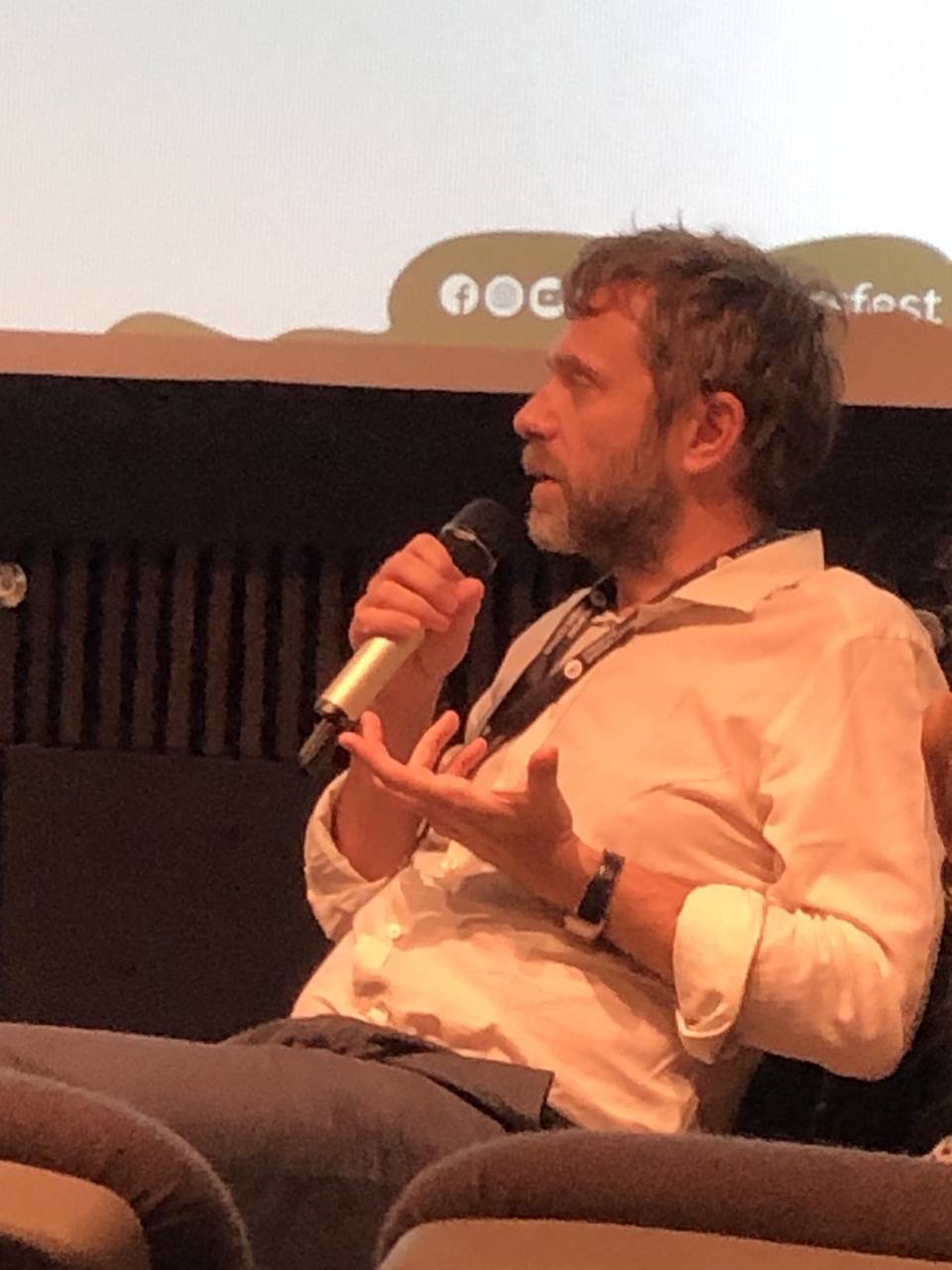
Giordano described Singapore as a city of “future past” during his talk at The Arts House. Pressed to explain, he said Singapore’s architecture reflects “an idea of the future, but not the future of today.” He explained that he was researching his next novel, partly set in Singapore, and he was struck by its lingering luxury-driven market, calling it “overcommercialization now passé.”
Giordano also warned against the distortion of translated fiction, criticizing trends that mimic Elena Ferrante or Japanese feel-good novels, which he dismissed as “not literature, just books.”
“The market gives you what it knows works, not a reliable portrait of a country’s literary landscape,” he cautioned.
Southeast Asian writers
Lest one forgets, however, that SWF’s chief strength is its focus on the writers of the regions, as well as the three official languages of Singapore other than English—Chinese, Malay, and Tamil—SWF 2024 laid out a strong lineup of writers in those languages.
Chinese-language poet Lew Poo Chan, aka Dan Ying, was honored as a Singapore literary pioneer with an exhibit at The Arts House. Known for “Poems Of Taiji” and “Ages On My Hair,” she is celebrated in the Chinese-speaking world but less known in English-speaking circles.
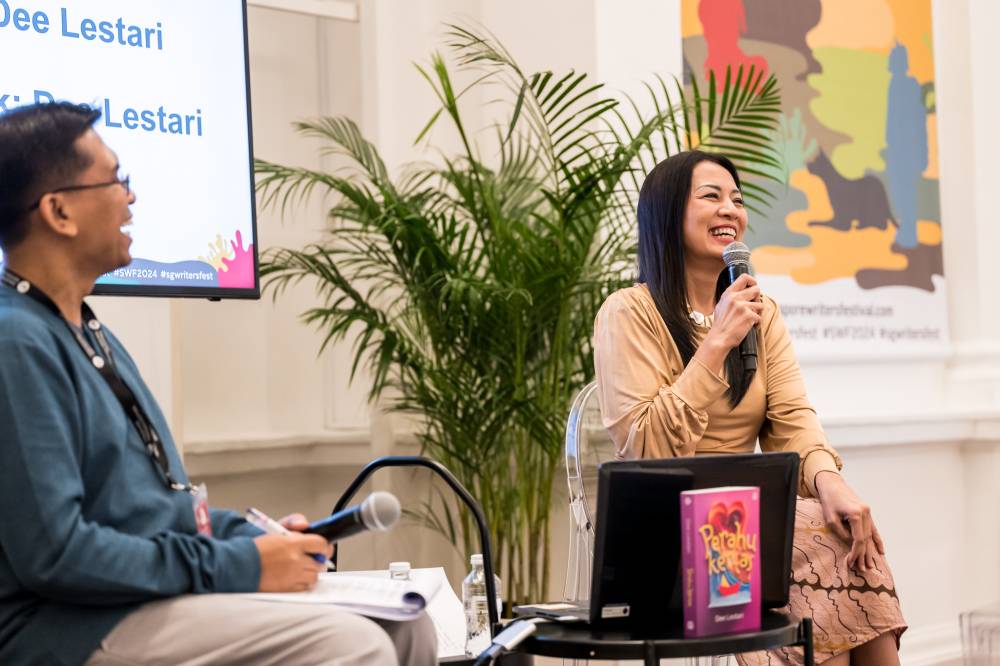
Also featured was Dewi Lestari, the Indonesian author, musician, and artist. With 17 books, bestselling novels, and film adaptations, she has earned numerous awards for her contributions to music and literature, solidifying her status as a leading cultural icon in Indonesia.
From the Philippines, featured were young adult horror writer Rin Chupeco; performance poet Jocelyn Suarez; illustrator Renren Galeno; and migrant poets Bhing Navato and Jenelyn Leyble.
Most moving was the panel on tech-enabled reading and writing. Yeo Whee Jim, Josh Tseng, and Gemma Rose Foo discussed how AI and technology support their creative work.
Foo, a book blogger with cerebral palsy, and Tseng, a content creator with glaucoma, use tech for self-expression and community building.
Yeo, who has motor neurone disease, moved the audience with poetry written via voice-to-text, sharing his anthology “Itinerary” (2024), a legacy for his daughter. His emotional story highlighted the profound impact of technology on personal storytelling.
Despite assisted technology, human assistance is still needed, SWF director Yong said. “Obviously, human touch is still important,” the poet said. “A friend … is helping (Yeo) with … editing his works.” The “friend” is poet Paul Tan, former director of SWF. —WITH REPORTS FROM JAMES PEREZ ONG

